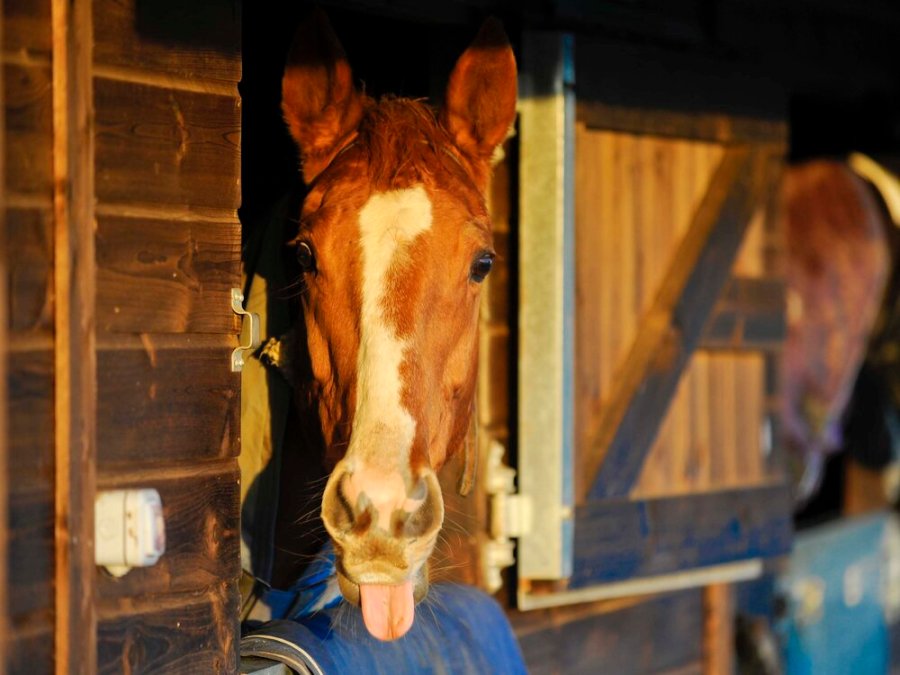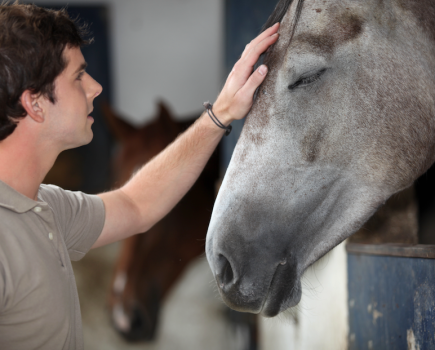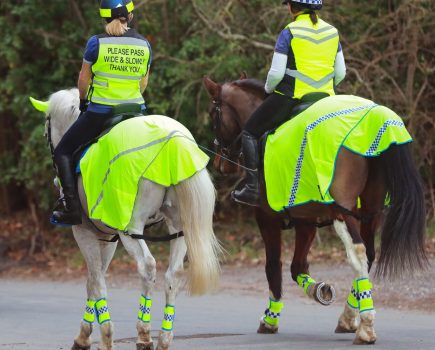We use phrases all the time that contain references to horses. Do you know why, where they came from and what the thinking is behind them? We’ve delved into the history of these sayings to find out.
“You can lead a horse to water, but you can’t make it drink”
This is a way of saying that people, like horses, will only do what they want to do – they can’t be forced. It’s thought to be the oldest English proverb still in regular use, being recorded as early as 1175.
“Only fools and horses work”
An old cockney saying implying that if you’re smart you’ll find a way of making a living without resorting to hard graft. Of course, these days we associate the phrase with Del Boy and a battered yellow three-wheeler more than anything else.
“Hold your horses”
This is a simple way of telling someone to be patient when they’re in a rush. ‘Hoss’ is a slang word from the USA and this phrase has been written as ‘hold your horses’ thousands of times. It first appeared in print in 1844.
“Chomping at the bit”
People who are impatient or eager to get on with something are said to be chomping/champing at the bit. It originates from watching overexcited horses, especially racehorses, chewing on the bit in anticipation.
“Horses for courses”
A phrase with its origins in the world of horse racing, this alludes to the fact that horse often tend to run better at some racetracks than they do others. Just as racehorses have different talents and preferences, so do humans; each of us has skills and experience that’s suited to different things. It is said to have first appeared in written form in A E T Watson’s Turf in 1891.
“Eat like a horse”
Used to describe someone who eats a lot or has a large appetite, no one really knows where this phrase came from. It’s thought to be a contradictory statement, though, as horses eat slowly and are not particularly greedy by nature.
“Don’t look a gift horse in the mouth”
This saying means never question the value of a gift and don’t be ungrateful when you receive one. It is a reference to the practice of evaluating the age and therefore the worth of a horse by looking at its teeth. The phrase first appeared in print in 1546.
“Straight from the horse’s mouth”
In racing, whispers about which horse is likely to win a race do the rounds among punters. The most trusted authorities on these facts are thought to be those closest to the horse – stable lads and trainers for instance. ‘From the horse’s mouth’ is used to indicate that a tip has come straight from the horse – someone very much in the know – and is therefore (supposedly) a dead cert.









